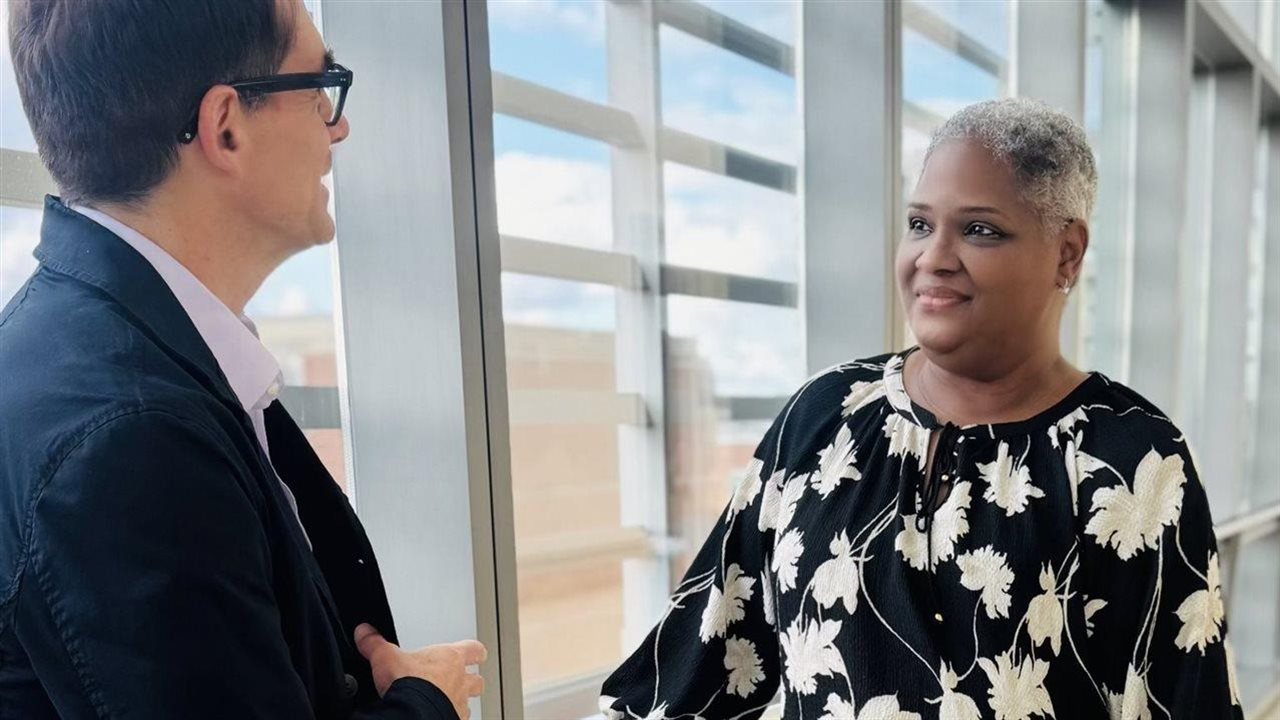Choices you make today may increase your chances of surviving lung cancer tomorrow
Posted: November 06, 2025 | Word Count: 716

By Daniel J. Boffa, MD, MBA, FACS, Vice-Chair, American College of Surgeons Commission on Cancer
Lung cancer can enter a person's life like a tornado, creating chaos out of nowhere and leaving them feeling powerless. Nobody chooses to have lung cancer, but thanks to advances in research and treatment, some choices may lower the chances of lung cancer shortening life.
Choices that reduce risk of lung cancer
Five out of six lung cancer patients smoked tobacco at one time, and quitting at any age reduces your chances of lung cancer and other smoking-related diseases. There have never been better options to help people quit, including more effective nicotine replacements, medications to curb withdrawal symptoms and counseling.
Other cancer-causing chemicals can make their way into the air, such as radon — an odorless gas that can seep into homes from the ground — or smoke from cooking and wildfires. Test your home for radon and address levels if elevated. Minimize situations where the air you breathe is irritating to your nose and throat. Avoid contact with chemicals in poorly ventilated spaces. Use air filters and wear an appropriate mask to help decrease exposure until the air clears.
Choices that lead to earlier detection
Lung cancer screening can detect disease earlier when treatments tend to be easier on patients and more effective. For people who smoke tobacco or smoked in the past, a yearly CT scan can dramatically reduce a person's chance of dying of lung cancer. Current or former smokers aged 50 or older should ask their primary care provider about lung cancer screening.
One in six lung cancers happens in someone who never smoked and can sometimes run in families. Currently, there are no screening recommendations for never smokers, but this is an area of intense research. People with an immediate family member, such as a parent or sibling who developed lung cancer as a never smoker, should ask their primary care providers about screening during their yearly check-up, as screening recommendations are likely in the next few years.
While it is better to find lung cancer before symptoms occur, there are symptoms that shouldn't be ignored. People with a cough that does not improve after 4 weeks, or who cough up blood, should contact their primary care provider and potentially have chest imaging.
Choosing better treatment
It is important to include lung cancer experts on your care team who know all the latest incredible breakthroughs in lung cancer. Experts not only will know the right tests, procedures and treatments to offer you, but will understand what parts of your treatment can be handled close to home and what parts may need to happen in a larger hospital that may have more resources in case something goes wrong. The American College of Surgeon's Commission on Cancer is an organization that ensures hospitals follow the best practices and have the right people to deliver high-quality care to cancer patients. You can connect with a cancer team at an ACS Commission on Cancer accredited hospital.
Lifestyle choices can also improve the safety and effectiveness of cancer treatment for many types of cancer. Quitting smoking, even after you have been diagnosed, can significantly reduce complications of treatment and improve cure rates. Other healthy habits can benefit cancer patients. For example, researchers recently found that patients who exercised after their cancer treatment experienced better survival rates.
Choosing a better tomorrow
Cancer research saves lives. In the past five years the survival rates of patients with advanced lung cancer have quadrupled because cancer research brought us new treatments. However, we have more work to do. In the U.S., more than 120,000 people lose their battle with lung cancer every year, so we must keep looking for a better way. You can help by supporting the people who support medical research — from contributing to research fundraising to advocating with policy makers. Research is our best chance at turning hope into miracles.
Getting screened, lowering your risks, recognizing potential symptoms, seeking the right care and supporting research are all choices today to keep lung cancer from shortening your life in the future.
Daniel J. Boffa, MD, MBA, FACS, is vice-chair of the American College of Surgeons Commission on Cancer and a professor of Thoracic Surgery at Yale School of Medicine, specializing in treating esophageal and lung cancer.
